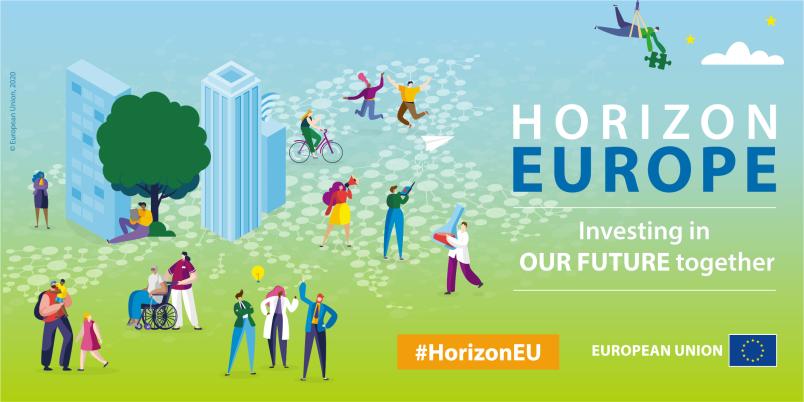
Horizon Europe is the European Union's ninth program for Research and Innovation, aiming to maximize impact, achieve EU strategic priorities such as recovery, green and digital transitions, and address global challenges by responding to socio-economic issues affecting societies.
On this page you can see the active projects in which Politecnico di Torino is the research partnership coordinator.

A cutting-edge, ultra-thin device that combines 2D to 3D reshaping, energy harvesting/ storage and wireless communication all in one. These ultra-thin devices (thinner than a human hair) are created using advanced printing techniques, all together representing battery-free, sunlight-powered systems that mold themselves to fit curved or irregular surfaces, enabling wireless monitoring in hard-to-reach places.
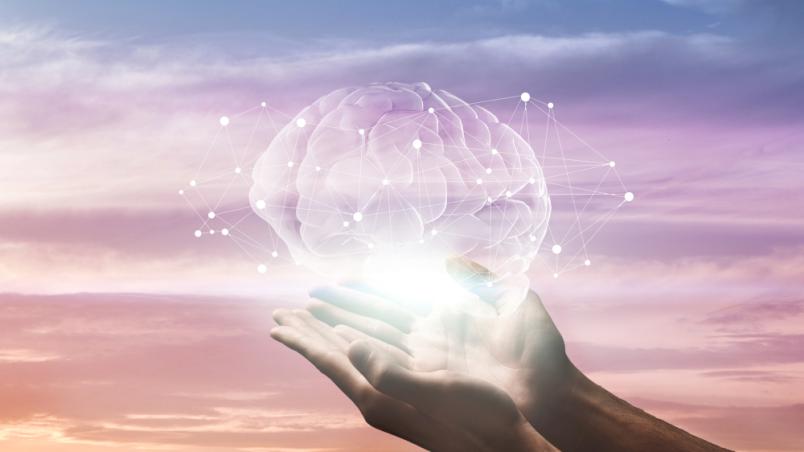
Meta-museum aims to study the relationship between cognitive and emotional responses to cultural heritage, using neuroscientific methods. Encounters with cultural heritage will be sought outside traditionally designated places, such as hospital wards and urban areas, and will involve people who do not usually visit cultural venues.
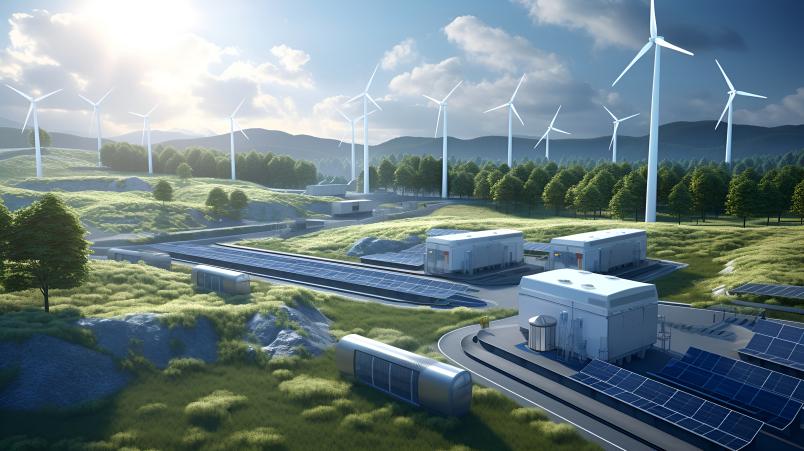
Electrolife aims to be a way to accelerate the decarbonisation of industry through the use of hydrogen-related technologies. Currently, electrolysis techniques suffer from limitations in terms of cost, efficiency, stability and scalability. The project aims to reduce the cost of hydrogen production, extend the lifetime of different technologies and increase energy efficiency.

Resiliage promotes a change in the way risk management is approached and how research and practices address changes in different aspects of society. Resiliage aims to increase the resilience of communities through systemic innovation in risk management for natural disasters or climate change, using heritage as a driving factor.
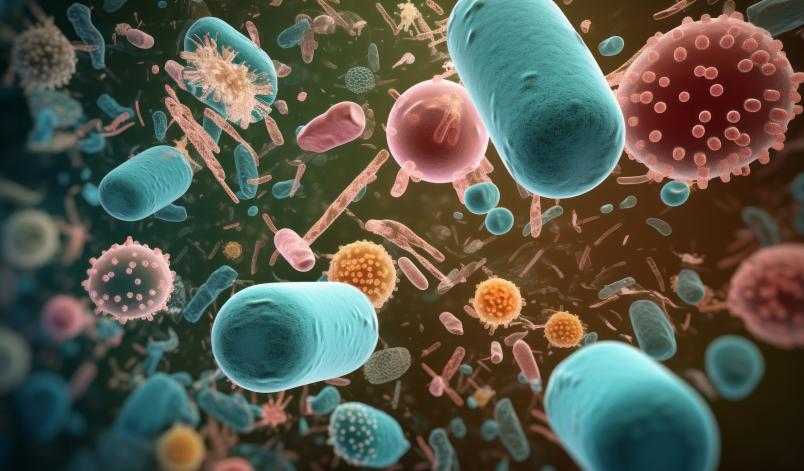
Nanobloc aims to develop new antimicrobial, antifungal and antiviral coatings made with eco-friendly, industrially scalable technology. Based on the knowledge obtained, the most suitable technologies for the different applications will be selected in order to develop and disseminate effective and durable biocide/virucide coatings without toxic health effects.
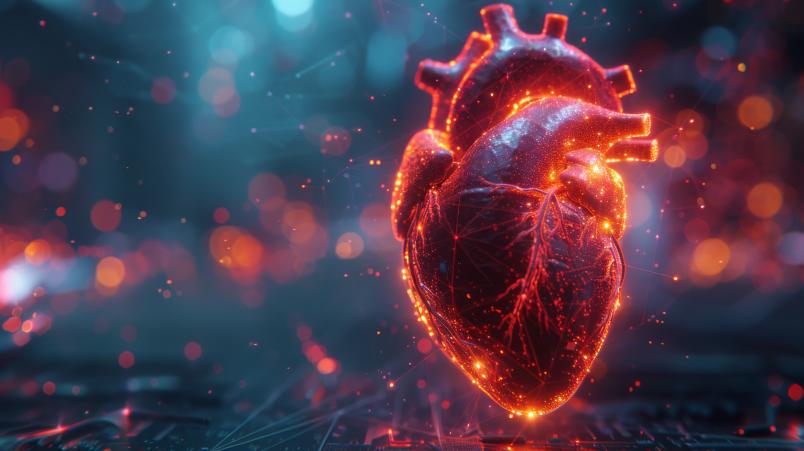
Reborn aims to advance the development of cardiac medical devices for the treatment of people who have suffered a heart attack (myocardial infarction). Using smart and multifunctional biomaterials, it aims to provide a new medical device, in the form of a cardiac "patch", that can be applied to the heart to stimulate and support local remodelling of heart tissue.

With recent pushes for manufacturing with reduced environmental impact and lower raw material requirements, MIMOSA is working for multi-material structures composed of metal alloys and composite materials without intermediate elements (adhesives or rivets). These structures can be regenerated, reverting to "secondary" raw materials for additive manufacturing
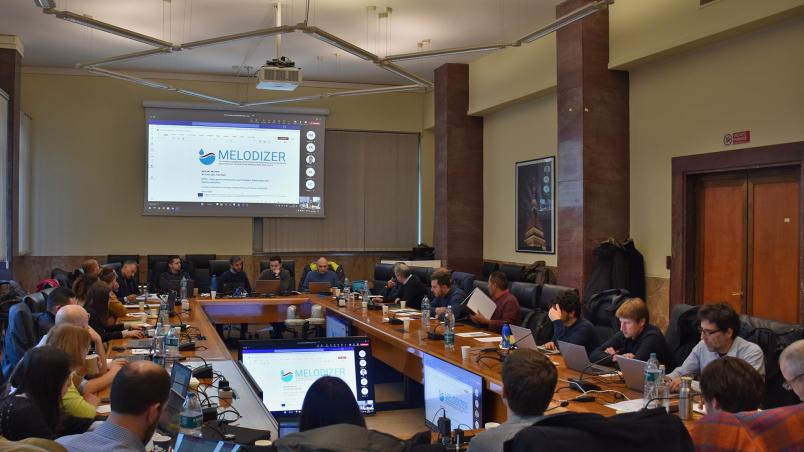
The goal of the project is to manufacture sustainable waste water membrane distillation components for large-scale usage, by replacing current potentially harmful materials with non-harmful ones and based on the principles of green chemistry.
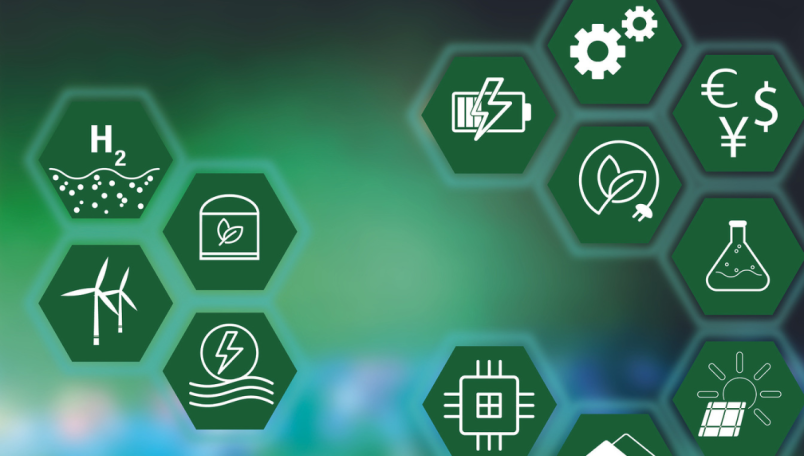
The project proposes a new solution for converting wet waste streams into green hydrogen and carbon, with recovery of critical raw materials. The goal is to support the green transition, particularly for the metallurgical sector.
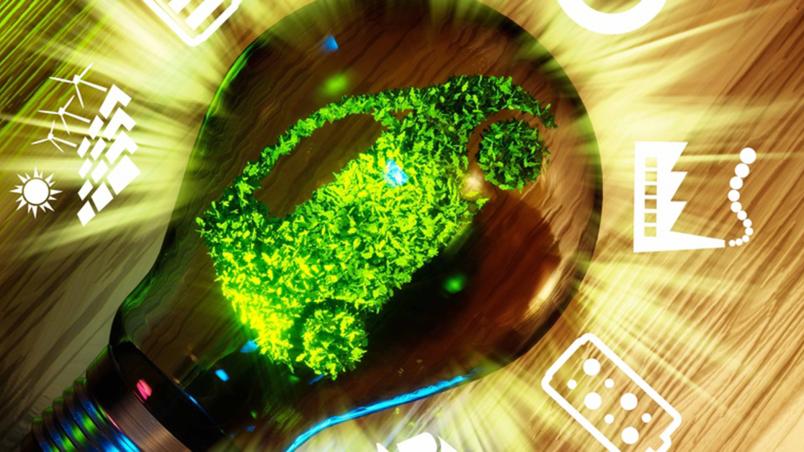
The project aims to develop sustainable and safe battery cell production processes, creating a mini pilot line useful for the development of cell production lines used in European gigafactories. A non-secondary goal is to minimize environmental impact and energy consumption.

The goal of the project is the improvement of functional brain imaging, in respect to classical, noninvasive EEG, through the first contrast agent developed for this technology using innovative techniques of microfluidics, nanoelectronics, and high-performance computational science, avoiding the use of invasive techniques involving cranial trepanation.